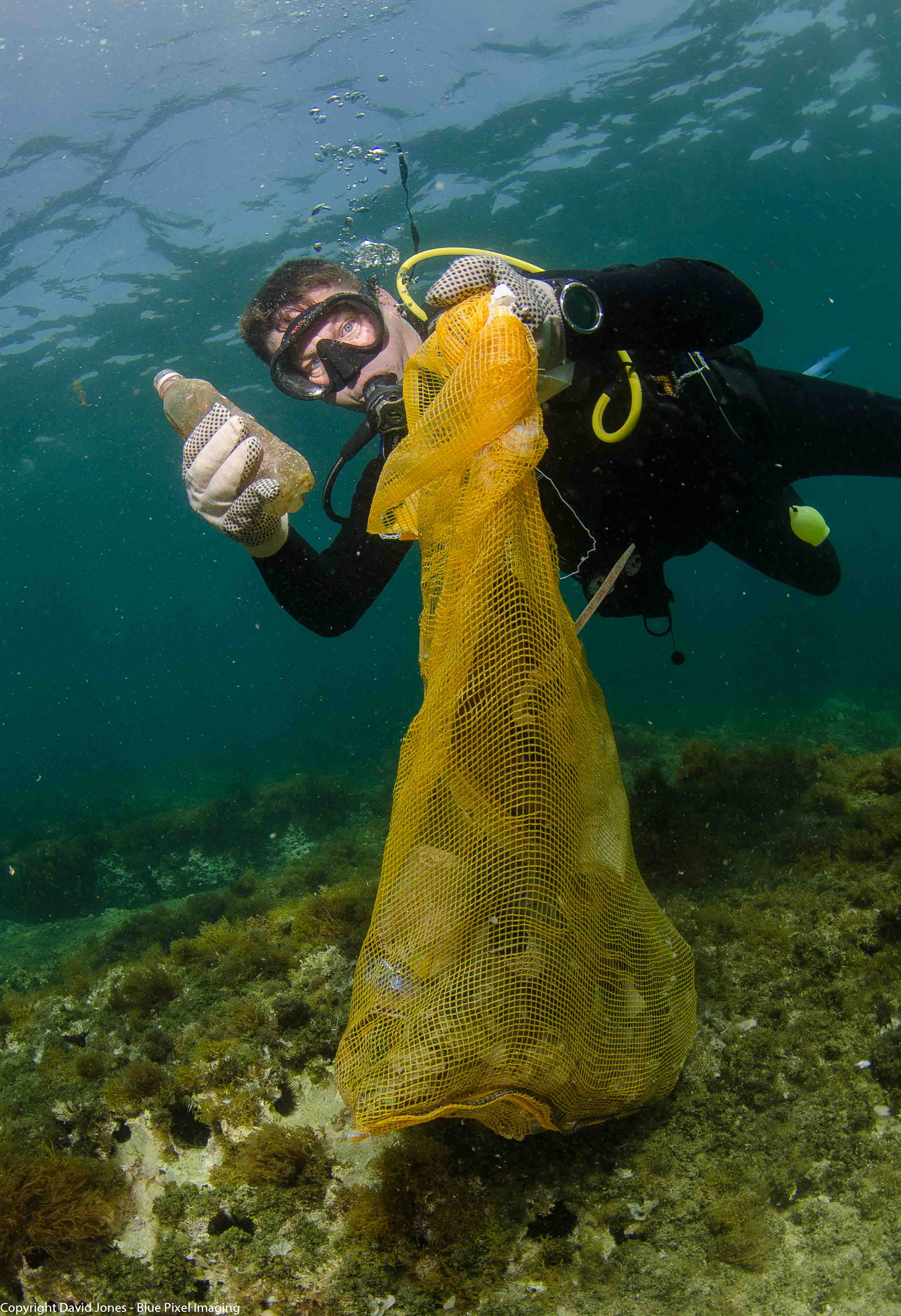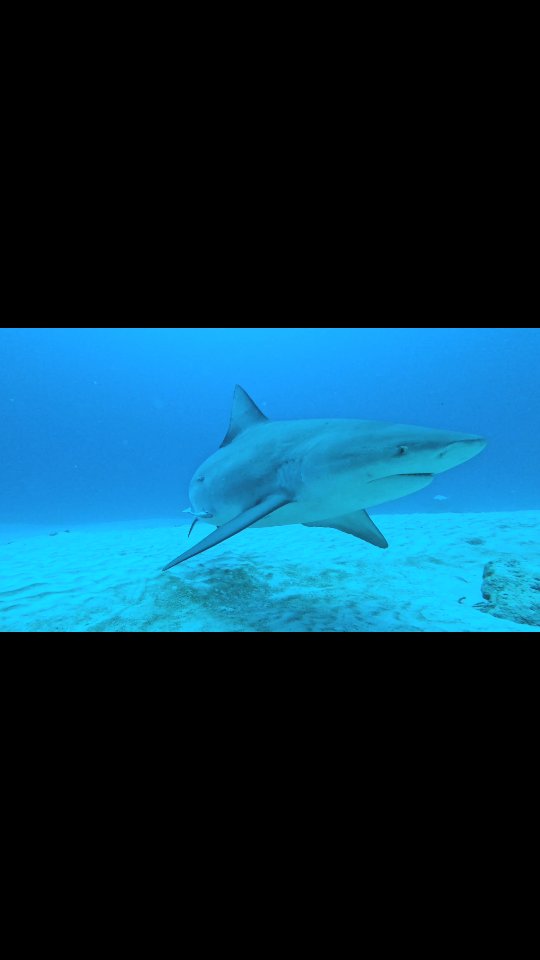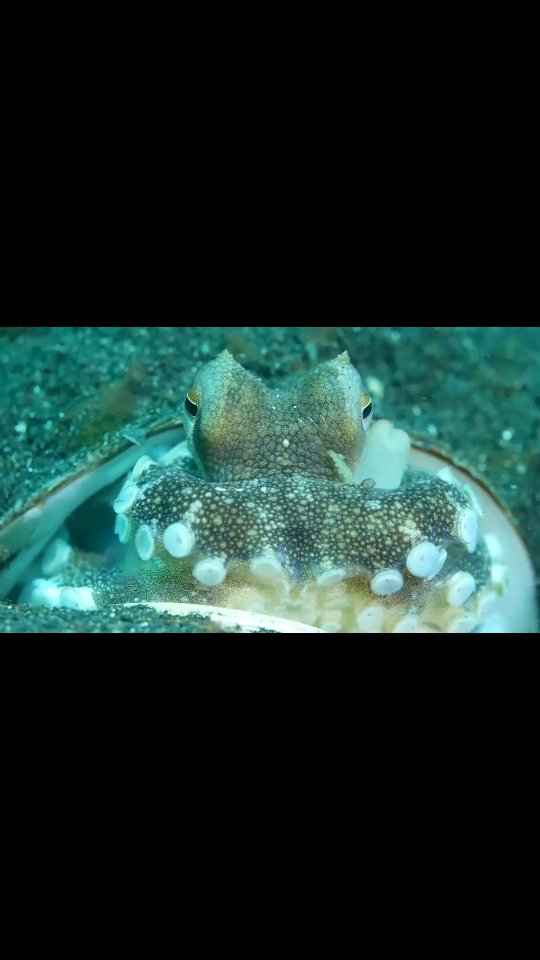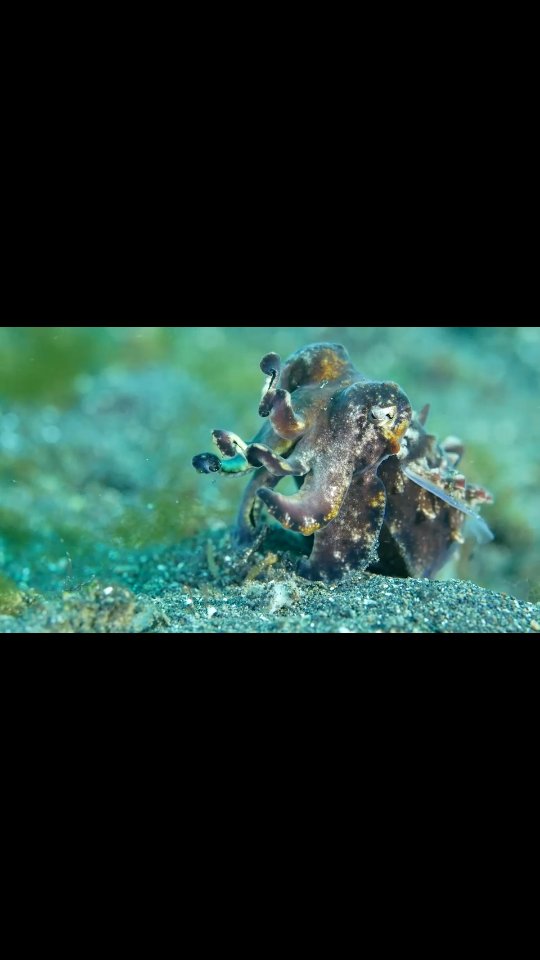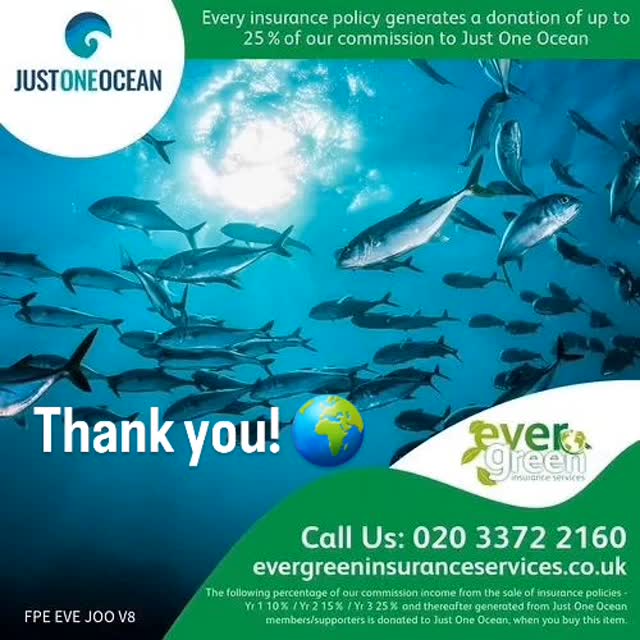Background
The scuba industry has expanded dramatically over the last three decades, where the world’s leading diver training agency, the Professional Association of Dive Instructors (PADI), alone has seen the increase from 560 000 certifications a year in the early 90s to over a million certifications annually. In Cape Town, South Africa, it is one of the most popular coastal activities.
A Question of Impact
For a long time, recreational scuba diving was perceived as an activity highly compatible with maintaining environmental integrity, in contrast to extractive and disruptive activities such as fishing, dredging and development. However, the steep rise in scuba diving and dive-related tourism has raised questions about the impacts on the marine environment. The responsibility for damage to the marine environment is often directed at extractive industries or other water users. Thus, this research directly engages with divers around the Cape Peninsula in an attempt to understand their views on the diving and operating procedures that impact where they dive, as well as the management of the protected area.
Marine ecosystems can support a degree of recreational use, but the carrying capacity of popular areas has it’s limits. This carrying capacity is dependent on a balance between the impacts that degrade the environment, the ability of the ecosystem to regenerate and on satisfaction of the divers. These are affected by factors around anchor or line damage, the presence of moorings, diver behaviour, operating procedures, the relative cover of marine flora and fauna, and the topography of the sites
Since the start of the of the study, over 100 divers of the Cape Town dive community have responded to a survey that assesses their understanding of the impacts of diving, particularly in a marine protected area as well as the implications of managing the area. Questions around diver impacts, conflict with other users, opinions on the relative health of the MPA as well as views and understanding of the MPA management systems were posed. Interviews with operators on their operating procedures as well as with MPA management have taken place to determine the relationship between them as well as their views on how the dive industry affects the MPA.
Early Analysis
Pre-analysis, it appears that divers generally attach a high value to the marine environment and have a good understanding of the impacts of certain activities. There seems to be a lack of understanding of the role of MPA management and the effectiveness thereof. With more respondents and further analysis, this study will be able to further understand the dynamics between the dive community and the management of the MPA to determine if a better relationship between users and management can be developed to ensure the long-standing environmental security of the marine environment of the MPA.

